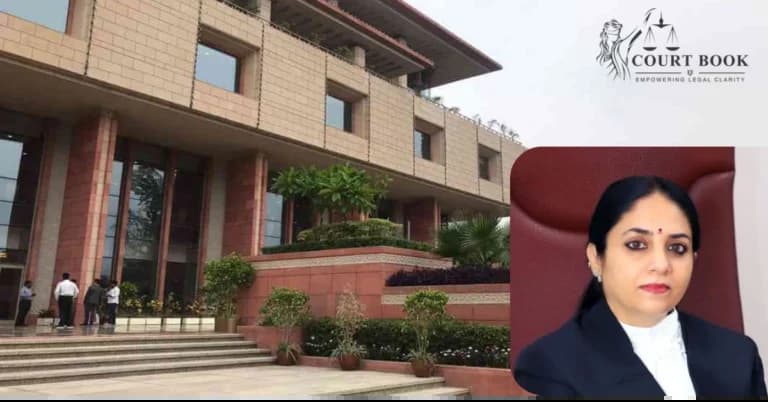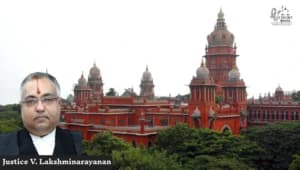In a significant move to bolster the effectiveness of legal aid services, the Delhi High Court has directed the Delhi State Legal Services Authority (DSLSA) to implement a comprehensive mechanism for monitoring the attendance of legal aid counsels in district courts. This initiative aims to ensure that litigants receive timely and effective legal representation.
Justice Swarana Kanta Sharma emphasized the necessity for legal aid counsels to promptly inform the Secretary of the concerned DLSA about their appearances in assigned cases. The court further instructed the DSLSA to develop a framework addressing situations where a legal aid counsel fails to appear for two consecutive hearings, ensuring that appropriate actions are taken to protect the interests of the litigants.
Recognizing the importance of accountability, the court directed the DSLSA to consider establishing a review or grievance redressal mechanism. This system would enable litigants to report instances of non-representation by legal aid counsels, facilitating prompt corrective measures.
The court also highlighted the role of judicial officers in maintaining the integrity of the legal aid system. It directed that judges be sensitized and encouraged to report cases of non-representation by appointed legal aid counsels to the concerned DLSA, thereby ensuring that such issues are addressed without undue delay.
Case Background
The directive arose from a plea filed by a complainant challenging the dismissal of his complaint under Section 203 of the Criminal Procedure Code (CrPC) due to non-prosecution. The complainant alleged that he and his wife were subjected to abuse, threats, and property damage. Despite the appointment of a legal aid counsel, the counsel's repeated absence led to the dismissal of the complaint.
The court noted that while the complainant was present at every hearing, his legal aid counsel failed to appear. This inaction highlighted the neglect of the complainant's right to legal representation and effective access to justice. The court emphasized the duty of both the Magistrate and the Sessions Court to assist the complainant, especially when a legal aid counsel has been appointed.
Read Also:- Delhi HC Denies Bail in PMLA Case Linked to Spurious Anti-Cancer Drug Syndicate
"The Delhi High Court's initiative to monitor legal aid counsels' appearances and establish a grievance redressal mechanism is a commendable step towards ensuring timely and effective legal representation for all litigants."
"By holding legal aid counsels accountable and involving judicial officers in reporting non-representation, the court is reinforcing the integrity of the legal aid system."
"This directive reflects the court's dedication to safeguarding the rights of economically disadvantaged individuals and ensuring their access to justice."
"The establishment of a grievance redressal mechanism empowers litigants to report instances of non-representation, facilitating prompt corrective actions."
"Overall, the court's decision is a significant move towards enhancing the effectiveness and reliability of the legal aid system in Delhi."
Read Also :- “Pe” Is Common in Payment Sector: Madras High Court Dismisses PhonePe’s Trademark Case Against BundlePe
In conclusion, the Delhi High Court's directive underscores the commitment to ensuring that every litigant, particularly those from economically disadvantaged backgrounds, receives competent legal representation. By mandating the DSLSA to monitor the attendance of legal aid counsels and establish mechanisms for grievance redressal, the court aims to uphold the integrity of the legal aid system and protect the rights of all litigants.















